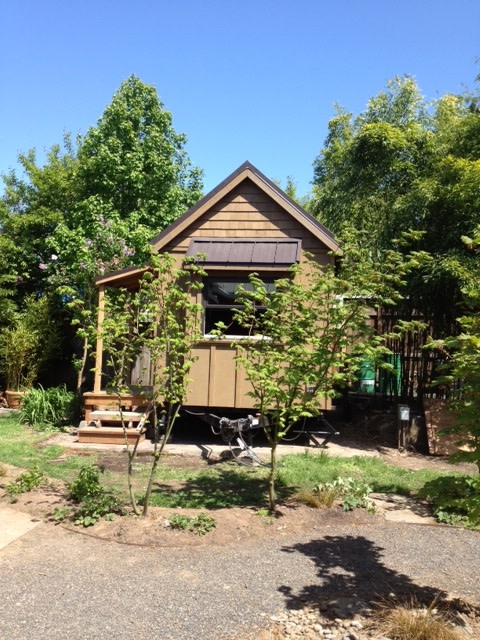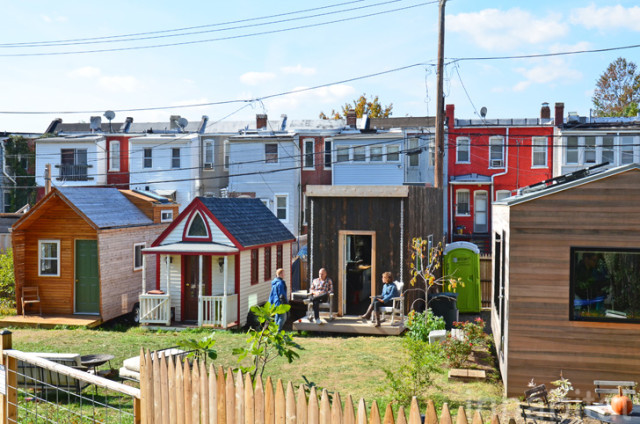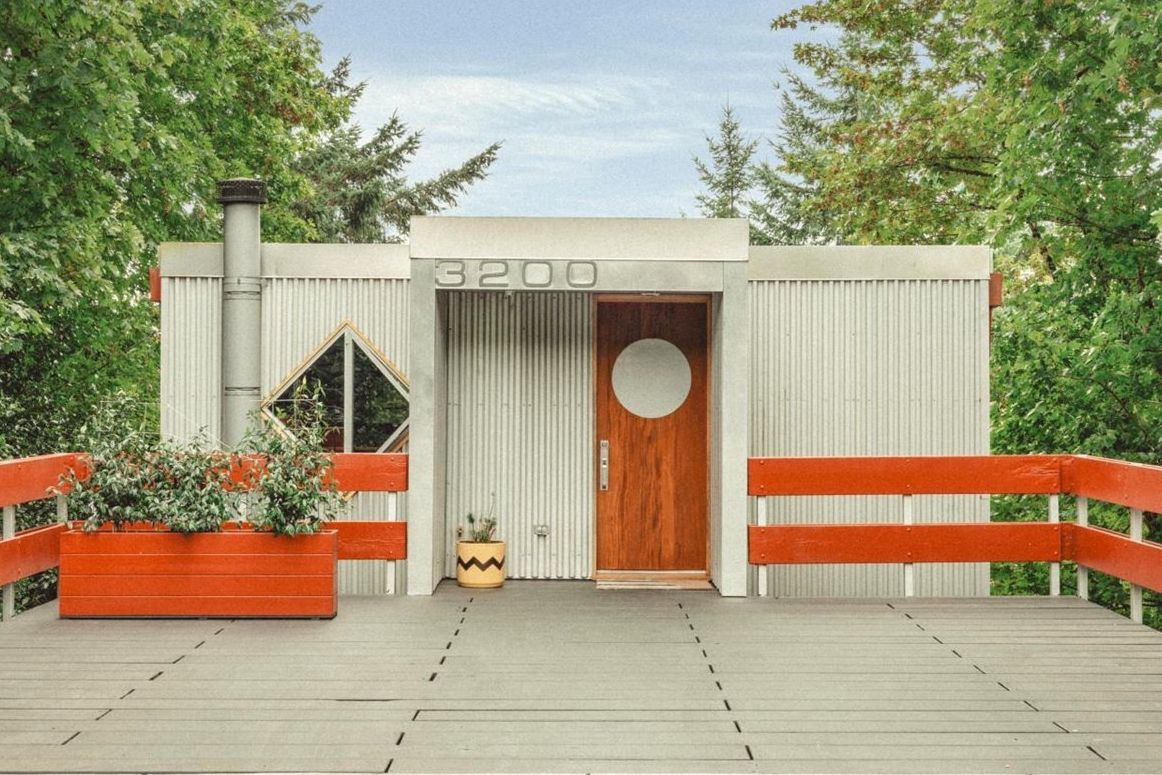Are Tiny Homes the Housing Solution for a Fast-Growing PDX?

Life in a tiny house—under 200 square feet, that is: what’s it really like? Why build a tiny home? And can tiny houses solve the problems of a city in the midst of explosive population growth? On Nov 6, The Build Small Live Large Summit, a national gathering of experts and advocates from the booming world of micro-residences, will answer these questions and then some.
“Our goal is to help the DIY tiny house builder to build the house of their dreams and to build it right the first time,” said Joan Grimm, co-owner of Portland Alternative Dwellings and organizer of the summit.
From 10 am - 4pm in the Smith Center at Portland State University, the summit will bring together experts, from designers to policy professionals, to share their knowledge of what’s working, what’s new, and what’s next in tiny homes. Concurrent sessions will run throughout the day, focusing on construction and design, police initiatives to broaden the legalization that facilitates tiny home living, and a homes tour of four different tiny homes—on wheels, ground-bound, one container, and one ADU.

Image courtesy Build Small Live Large.
“This summit is the only thing like it in the country right now,” said Eli Spevak, key note speaker at the event and owner of development and contracting firm Orange Splot, a Portland company which builds a variety of alternative residential models.
Spevak calls Portland a “leader in tiny homes,” and hopes the summit will strike motivation in more people to build small, especially with the predicated population surge in Portland — an almost 725,000 increase by 2035.
“The number of people moving [to Portland] is greatly exceeding the number of housing units we’re building, and one of the ways to address that is to provide housing choices that aren't as big,” said Spevak.
Along with educating listeners about pocket and co-housing communities, of which Orange Splot has built eight, Spevak along with Dee Williams, author of The Big Tiny, will talk about the experience of living small, and touch on various relevant policy initiatives, including legalizing permanent residency of tiny homes on wheels and expanding the accessory dwelling unit (ADU) market to offer affordable housing options for every socio-economic status, not just a select few.
“How can we redefine a home to include more people?” Williams said. “We need to stretch our gaze to consider some of the people that we aren’t considering right now as part of that landscape: homeless people, our aging population, people that are financially strapped and can’t imagine ever owning a home.”
Although Portland’s policies on tiny home building are among the most lenient in the country, the community of tiny homes still has a long battle to fight. Currently in Portland, tiny homes on wheels are illegal for to use as permeant residences, and code restrictions have been placed on ADU construction and placement of tiny homes within certain neighborhood zones.
That said, Portland is a hub of activity for tiny homes and continues to showcase an alternative lifestyle that is environmentally friendly, inexpensive, and as Grimm, summit organizer, offers all kinds of opportunities. “I want people to take that step to build that tiny house or that ADU and experience how life really opens up after that,” said Grimm.
Tickets for the summit are available online at buildsmall-livelarge.com for $125 per person available up to the day of the summit.




